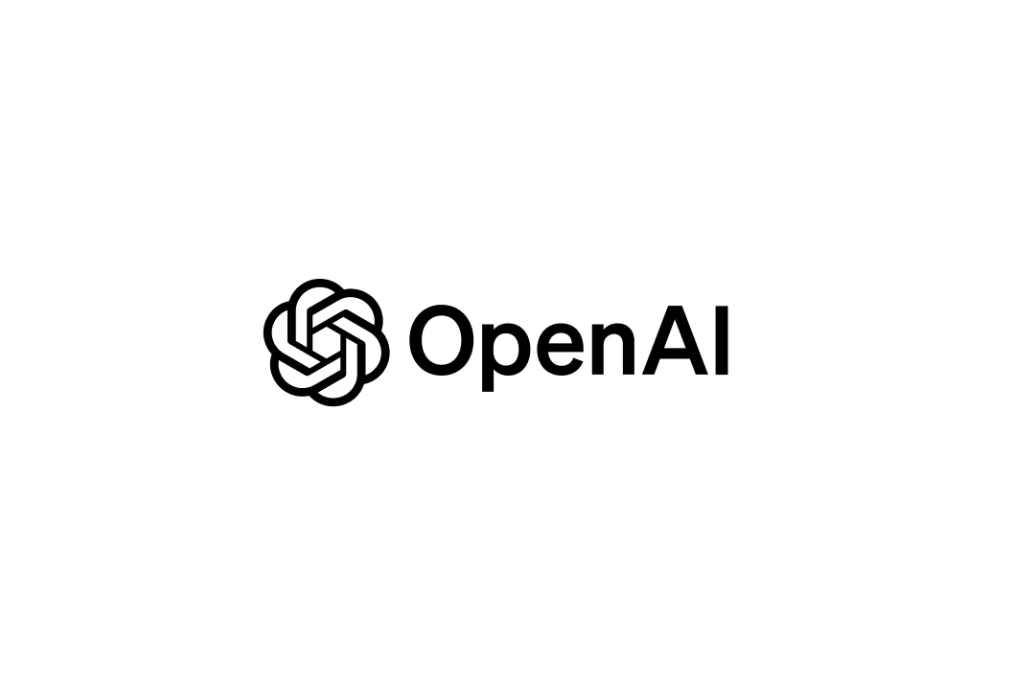The conversation around AI and jobs is often framed as a zero-sum game: either robots take our work, or we all become “prompt engineers.” The reality, as always, is far more nuanced. AI is not just displacing old roles; it’s creating entirely new ones and fundamentally changing how we work.
Recognizing this shift, OpenAI is stepping in to build a bridge between the talent we have and the talent businesses desperately need. They are focusing on two major initiatives that could reshape the job market over the next decade. This isn’t just about big tech—it’s about making AI skills accessible to everyone.
The Two-Part Plan to Future-Proof Your Career
OpenAI’s strategy is built on a simple but powerful idea: connect the people who know how to use AI with the companies that need them most.
- The AI Jobs Platform: Think of this as a next-generation hiring platform. OpenAI is creating a new service designed to match businesses with candidates who are certified in AI skills. This isn’t just for multinational corporations. The platform will include a dedicated track for local businesses and even governments. These will help them find the right talent to modernize their operations. For example, the Texas Association of Business is already on board. They will connect thousands of their members with skilled AI professionals.
- The AI Fluency Certifications: The biggest challenge for employers is verifying who actually knows what they’re doing with AI. OpenAI is tackling this with a new set of certifications. These will formally validate a person’s “fluency” in using AI, from basic principles to more advanced skills like effective prompt engineering. Building on their free online “OpenAI Academy,” these certifications are a direct response to employer demand. Walmart is a launch partner. They aim to bring this training directly to their associates, proving that AI skills are becoming essential even in traditional industries. The goal is to certify 10 million Americans by 2030. OpenAI aims to create a massive, standardized pipeline of talent.
The Final Nugget: An Opportunity, Not a Threat
The takeaway from all this is simple: the future of work isn’t about competing with AI; it’s about partnering with it. Companies are actively searching for people who can leverage these tools, and they’re willing to invest in those skills.
If you’re worried about AI’s impact on your career, don’t focus on the threat. Focus on the opportunity. Start with the free resources from OpenAI Academy to build your fluency, and watch for how these certifications and job platforms can open doors for you. The future isn’t about who can write the best code; it’s about who can best leverage the AI to get the job done.



